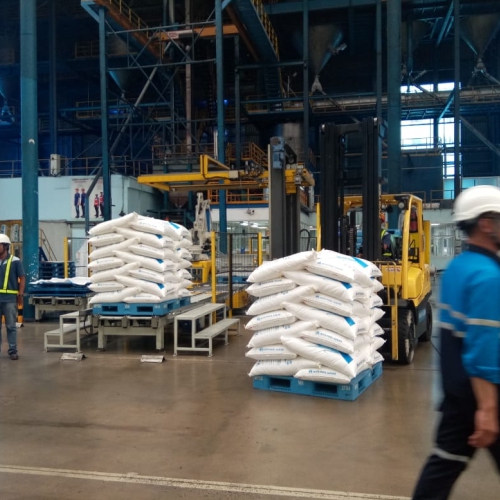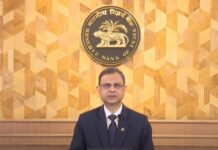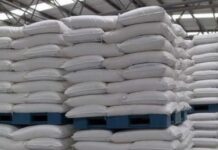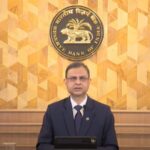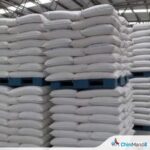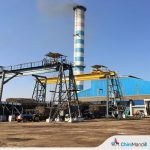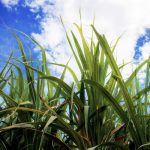Bacolod City: The Sugar Regulatory Administration (SRA) has raised import clearance fees on high fructose corn syrup (HFCS) from P1.50 to P30 per equivalent bag of sugar. The step has been taken to lower the use of artificial sweeteners, which are competing with the sugar produced in the local market, reported The New Indian Express.
In early 2017, the SRA charged companies importing sweeteners made from corn starch P30 per bag, but this fee was lowered to P1.50 per bag a month later. SRA Administrator Pablo Luis Azcona announced that the decision to raise the fee was unanimously passed by the Sugar Board last month, and is now part of Sugar Order 4.
The issue of artificial sweeteners came to the forefront after United Sugar Producers Federation (Unifed) President Manuel Lamata and other sugar leaders from Luzon and Mindanao voiced their concerns to Agriculture Secretary Francisco Tiu Laurel Jr. in early August.
“As a result of that meeting, and following instructions from the Department of Agriculture (DA), the SRA took immediate action,” Azcona explained. “While we are still collecting data on the use of artificial sweeteners, we discovered the issue and raised the fees for HFCS.”
Another sugar order is currently being drafted, stemming from an August 6 meeting between Secretary Laurel, sugar stakeholders, millers, refiners, and farmers. Unifed, the country’s largest independent group of sugar planters, raised alarms over the influx of “other sugars.” According to Azcona, importers of these items, categorized under HS1702, will soon be required to secure import clearances from the SRA, a move that has been under board discussion since August.
Azcona also revealed that a letter addressing similar concerns had been sent to Secretary Laurel by the Sugar Council and the National Congress of Unions in the Sugar Industry of the Philippines (Nacusip). “It’s encouraging to see more stakeholders stepping forward on this issue, supporting the initial concerns raised by other sugar federations,” he added.
Estimates suggest that the volume of imports under HS1702 could be as high as 200,000 tons, a figure much larger than previously believed. Azcona noted that the SRA continues to verify data, stating, “This has likely been going on for the past decade.”
Azcona emphasized the need for accurate data to understand whether these artificial sweeteners have contributed to the declining demand for sugar in recent years. He expressed optimism about the unified stance of stakeholders, encouraging collaboration to resolve future challenges.
Earlier, the Sugar Council and Nacusip, in a joint letter to Secretary Laurel, raised their concerns over the impact of artificial sweeteners on the local sugar industry. They pointed out that artificial sweeteners like sucralose, aspartame, and acesulfame potassium benefit from zero tariffs under the ASEAN Trade in Goods Agreement, putting local sugar at a disadvantage in the market, especially with rising production costs.
The labour sector is also worried that the increasing use of artificial sweeteners could displace sugarcane farmworkers, sugar mill workers, and biofuel workers, further affecting the livelihood of agrarian reform beneficiaries. The groups warned that rural unemployment and poverty could even lead to a resurgence of insurgency in the countryside.
The Sugar Council represents major sugarcane associations, including the Confederation of Sugar Producers’ Associations Inc., led by Aurelio Gerardo Valderrama Jr., the National Federation of Sugarcane Planters, headed by Enrique Rojas, and the Panay Federation of Sugarcane Farmers, chaired by Danilo Abelita. Nacusip, led by Roland de la Cruz, is the largest group representing labour unions and agrarian reform beneficiaries in the country.

